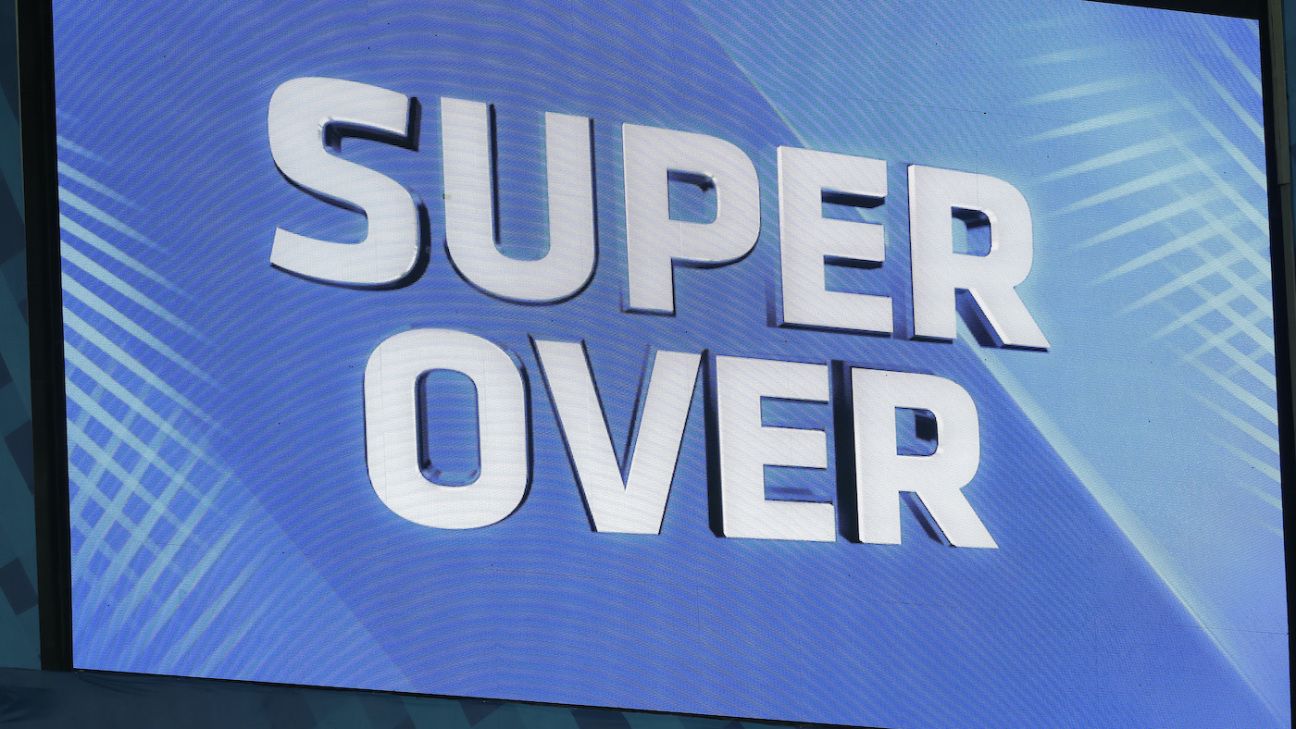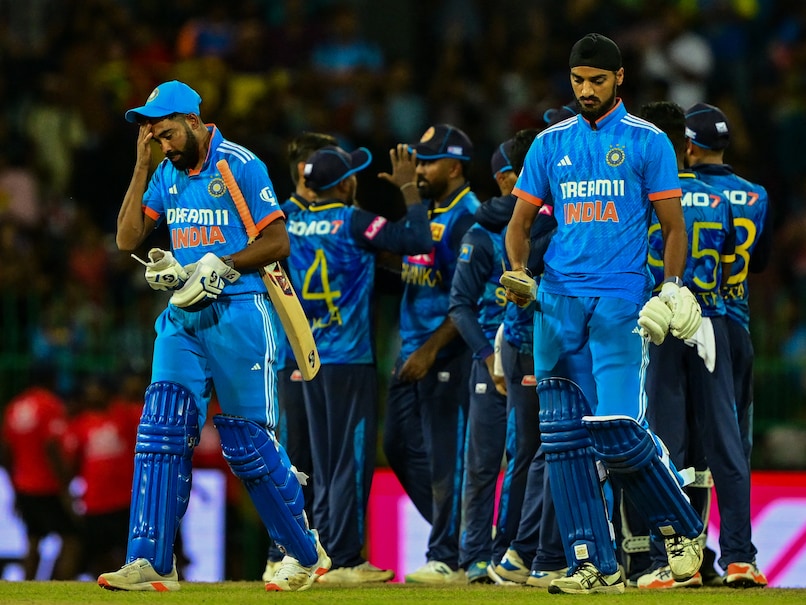Umpires Admit Super Over Blunder in Sri Lanka-India ODI
Umpires Admit Error in Not Enforcing Super Over in Sri Lanka-India ODI
In a surprising turn of events, match officials involved in the tied first ODI between Sri Lanka and India have acknowledged that they mistakenly failed to enforce a Super Over as per the International Cricket Council’s (ICC) playing conditions.
According to ESPNcricinfo, the on-field umpires Joel Wilson and Raveendra Wimalasiri, along with match referee Ranjan Madugalle, TV umpire Paul Reiffel, and fourth umpire Ruchira Palliyaguruge, have internally admitted to misinterpreting the ODI playing conditions. The rules clearly state that in the event of a tie, teams must contest a Super Over to determine a winner.
While there was initial confusion over whether the Memorandum of Understanding (MoU) between Sri Lanka Cricket (SLC) and the Board of Control for Cricket in India (BCCI) for the tour allowed for a Super Over, it has since been clarified that all tied ODIs will feature a Super Over, provided time and conditions permit.
Despite the tie, neither team inquired about the absence of the Super Over, and the players immediately shook hands. However, questions quickly arose on social media, prompting the match officials to review their decision.
The latest edition of the ODI playing conditions, released by the ICC in December 2023, explicitly states: “If the teams’ scores are equal after both innings have been completed, then a Super Over shall be played. If the Super Over is a tie, then unless exceptional circumstances arise subsequent Super Overs shall be played until there is a winner. Should it not be possible to play or to complete the Super Overs needed to determine a winner, the match shall be tied.”
It is understood that Madugalle, Wilson, and Wimalasiri did not initially discuss any specific reason for not enforcing the Super Over. However, after further discussions, they decided to activate the Super Over in case of another tie in the remaining two ODIs of the three-match series, which Sri Lanka eventually won 2-0.
In the match in question, India needed five runs from the final three overs, with two wickets in hand, to chase down the target of 231. Shivam Dube managed a four, but India lost consecutive wickets in the 48th over, resulting in the tie.
The admission of error by the match officials highlights the importance of adhering to the established playing conditions to ensure fair and consistent outcomes in cricket matches.


